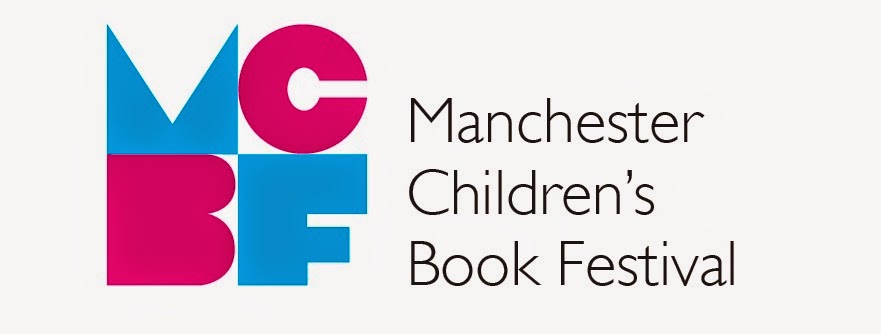By Rachel Formby, age 12
Happily ever after. Isn’t this the most common ending in English Literature? Yet what does it do to our younger generation, does it make them believe a fairytale is real life? Fairytales give children a magical place to believe in, a beautiful character to cherish and a perfect ending, but what are fairytales teaching our children about life? That everything in life is going to be easy. That everything ends with a ‘happily ever after’. That everything is safe. Children aged 2 - 6 years old are the most vulnerable category to be targeted for crime, yet they are also the most unaware of the dangers around them.
Snow White and the Seven Dwarfs - We all know the story but have we ever thought what moral message it gives our children? That it is OK to wander off with men you have never met before? You try to protect your children but you are still handing them content that could make them a target.
Not only are the moral lessons of our fairytales disturbing, the content of fairytales can be quite scary for the young mind and could create nightmares. Little Red Riding Hood is well known to everyone and adults may think it is just a story, but for a young mind it is worrying. It tells children that wolves could eat their grandma’s, then eat them too. What effect could this have on an early child’s learning and to their mental health?
We might think that this is a silly issue, however when a child’s mind can’t tell what’s real and what’s fantasy, we need to be concerned. Imagination is wonderful yet when it gets mixed with reality it could create mountains of problems for a child in later. We all want our child to succeed in life so when fairytales are holding them back, why do we continue reading them?
Some may say that if you analyse the themes of most fairytales, you will find that it usually has a good vs evil theme in which good usually triumphs therefore fairytales provide a useful metaphor for children to learn about values. However do you really think that 5 year olds are going to recognize values when they can’t separate fantasy from reality? No. All they see is the scary world of fairytales plus the dangerous moral lessons taught in them. So if you want your child to have the best chance in life, don’t read them fairytales. 25% of parents already don’t, so why not join them by not doing so?
Once upon a time there lived a boy who had never read a fairytale yet he blossomed beautifully. He got married, had a highly paid job and a happy life, full of imagination…
And so he lived…
Happily Ever After.
The MCBF2015 team are looking for your blogs, stories, event and book reviews, photos, poems - simply anything and everything to do with your favourite children’s books! Email mcbf@mmu.ac.uk to get involved.


